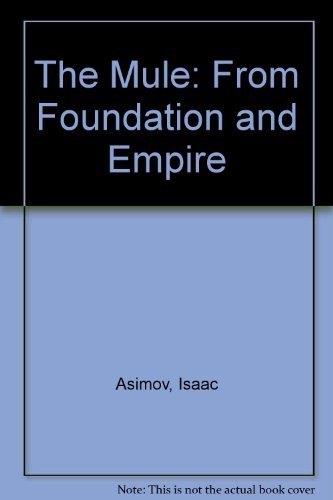Kevin B. O'Brien reviewed The Magicians by Lev Grossman
Review of 'The magicians' on 'Goodreads'
4 stars
This book starts out as a kind of "cousin" to Harry Potter when Quentin Coldwater gets invited to apply to a college for magic. He has done sleight-of-hand stuff for a few years, but this is a place that teaches real magic, and it turns out Quentin can do it. The first half of the book is about his college years, and the people he befriends there. In the second half it becomes a pastiche of Narnia, which is a bit of a change. But while Harry Potter and Narnia makes it sounds like a book for kids, you should know that sex, drugs, and alcoholism all feature in this book, along with some heavy emotional stuff, so use judgement before giving this to a younger reader. One resemblance is that Quentin's emotional mess is somewhat like Harry Potter's. In both cases I wanted to just shake them and tell …
This book starts out as a kind of "cousin" to Harry Potter when Quentin Coldwater gets invited to apply to a college for magic. He has done sleight-of-hand stuff for a few years, but this is a place that teaches real magic, and it turns out Quentin can do it. The first half of the book is about his college years, and the people he befriends there. In the second half it becomes a pastiche of Narnia, which is a bit of a change. But while Harry Potter and Narnia makes it sounds like a book for kids, you should know that sex, drugs, and alcoholism all feature in this book, along with some heavy emotional stuff, so use judgement before giving this to a younger reader. One resemblance is that Quentin's emotional mess is somewhat like Harry Potter's. In both cases I wanted to just shake them and tell them stop being so maudlin. It is probably OK for mid-teens and older. While this is not a perfect book, it made me want to continue the series.

















